Dynamics 365 Finance and Operations is just a cloud-based ERP (Enterprise Resource Planning) system that is suitable for large or medium-sized companies. But when any organization or company implements any solutions with their software and services that can’t be possible without administration capabilities.
Under Microsoft Dynamics 365 for Finance and Operations, you may see plenty of features such as intelligent budgeting & and forecasting, a holistic view of the complete analytics & and financial reporting, Automated collection and credit, touchless vendor invoicing, cost-effective compliances, and many more things under one roof.
When we talk about the administration level, they are responsible for managing and maintaining the financial system implementation, and manufacturing system implementation, involved in master planning, operational reporting, and cloud migration.
Under the Dynamics 365 Finance and Operations System Administration, you may see the various transformations and multiple implementation levels. Also, administration plays a very vital role in maintaining, configuring, and providing comprehensive support on this platform. D365 Finance is not just a solution it enables the companies to collaborate with their internal team and improve their operation efficiency.
If any business is running cloud implementation-based services then, system administration plays an integration role where they can manage technical setup and maintenance of the software. In this blog, you can easily be aware the actual roles and duties of the Dynamics 365 Finance and Operations System Administration.
What are the actual duties of System Administration in D365?
The Microsoft Dynamics365 Administration acts as a primary role is to maintenance, customization, configuration, integration, and field support. It works directly with the internal team and plays multiple duties such as:
- Provide the initial level of support for the Microsoft Dynamics 365 environment including error longs, release management, maintenance, system backup, and patch updates.
- Directly involved in on-field support providing the answers to queries, handling the ticket helpdesk, and escalation.
- Maintain the security architecture and manage the user permissions.
- Secure and protect data of the Dynamic 365 from unauthorized access.
- Provide training to the team members related to the dashboard, basic system functionalities, and associated things.
- It monitors the dynamic 365 operations and helps to optimize and configure their system.
- Address their team members or support staff about the new dynamic 364 issues, new updates, and new items.
- Provide comprehensive assistance to modify or maintain the system capacities under the dashboard and it maintains the multiple tasks there such as business processes, reports, sending emails, templates, workflow, and many more things on the dashboard.
- Consequently, system administration serves multiple responsibilities in every corner of the dynamic365.
System Administration caters to all the power to control the entire security architecture of Dynamic365. Also, it serves plenty of responsibilities such as maintaining and securing the customer accounting data from authorized access, and general finance reports. The System Administrator, by default, has all the compulsory rights that authorize them to assign security roles to any user, including the role of System Administrator. This is the greatest role that has the skills to remove and deliver access and define the extent of rights.
Therefore, Dynamics 365 Finance and Operations System Administration manages all the deployment because here users can see the various stages like importing, uninstalling, publishing, monitoring the integration status, confirmation and implementing, etc.
Conclusion:
If you are thinking that the D365 system administrator is a very actionable and powerful mechanism that manages to entire D365, it is not correct and it keeps maximum responsibilities but, if you talk about the office365 Global administration because it covers the network administration role and involves security compliance as well. Also, Global administration has the power to assign admin roles to the Dynamics 365 Finance and Operations System Administration without any intervention.









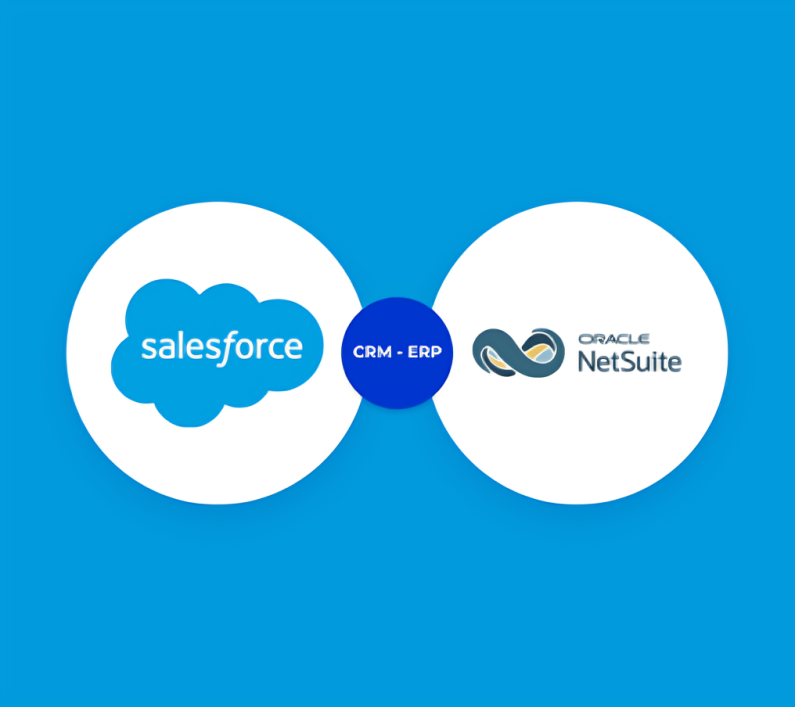
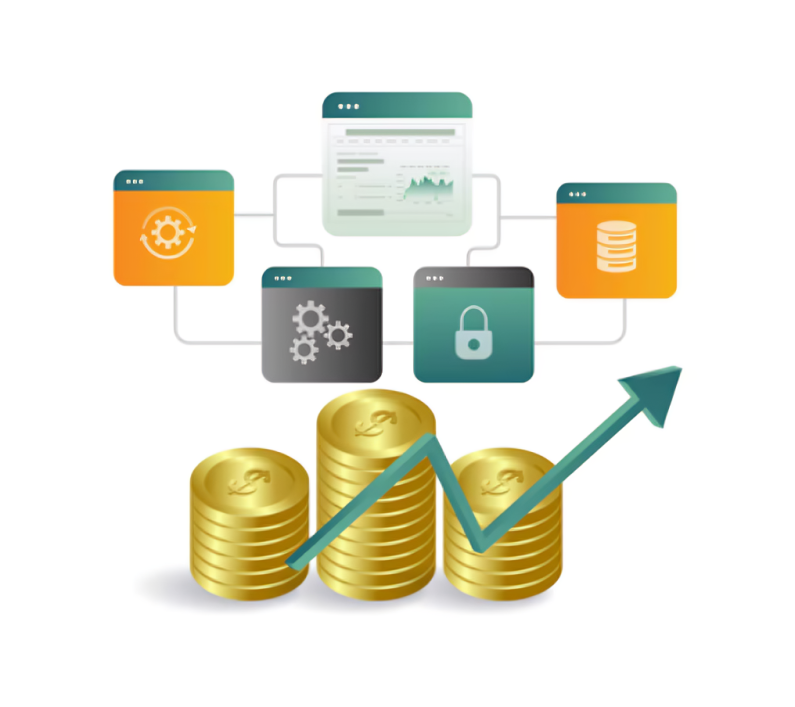
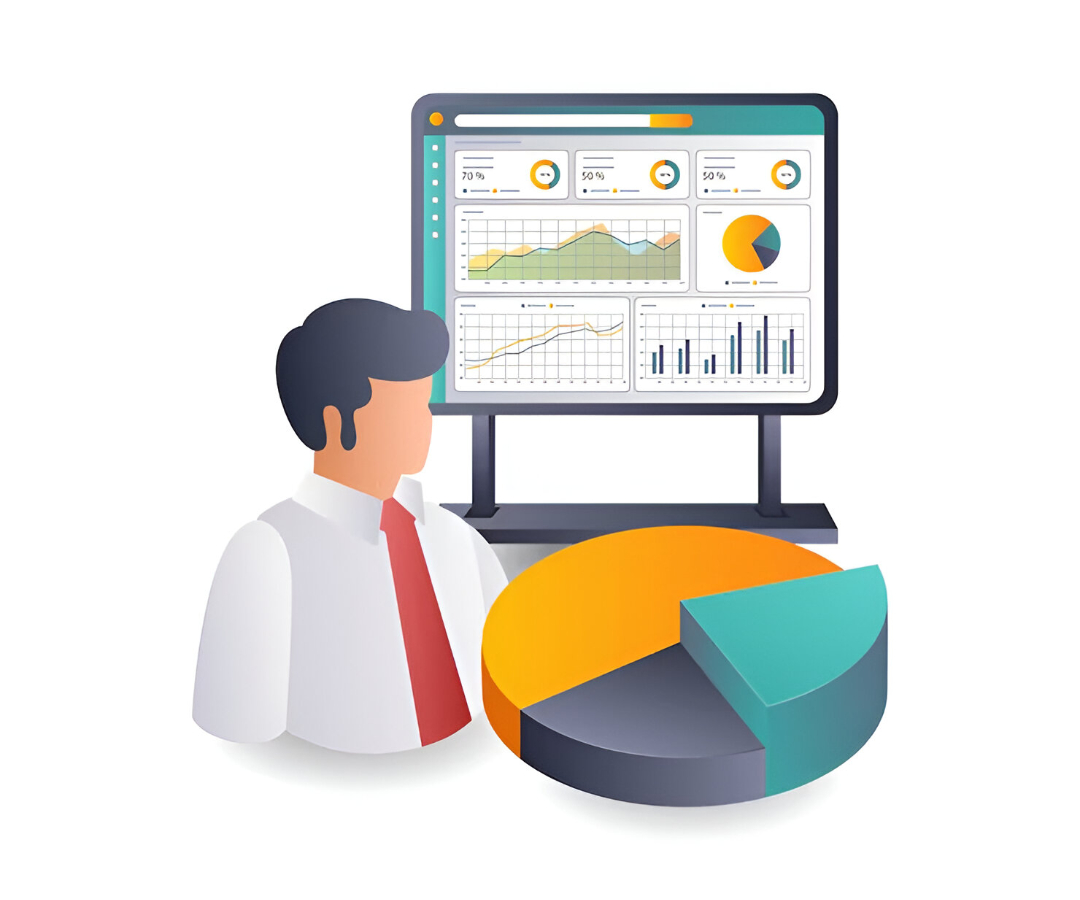


















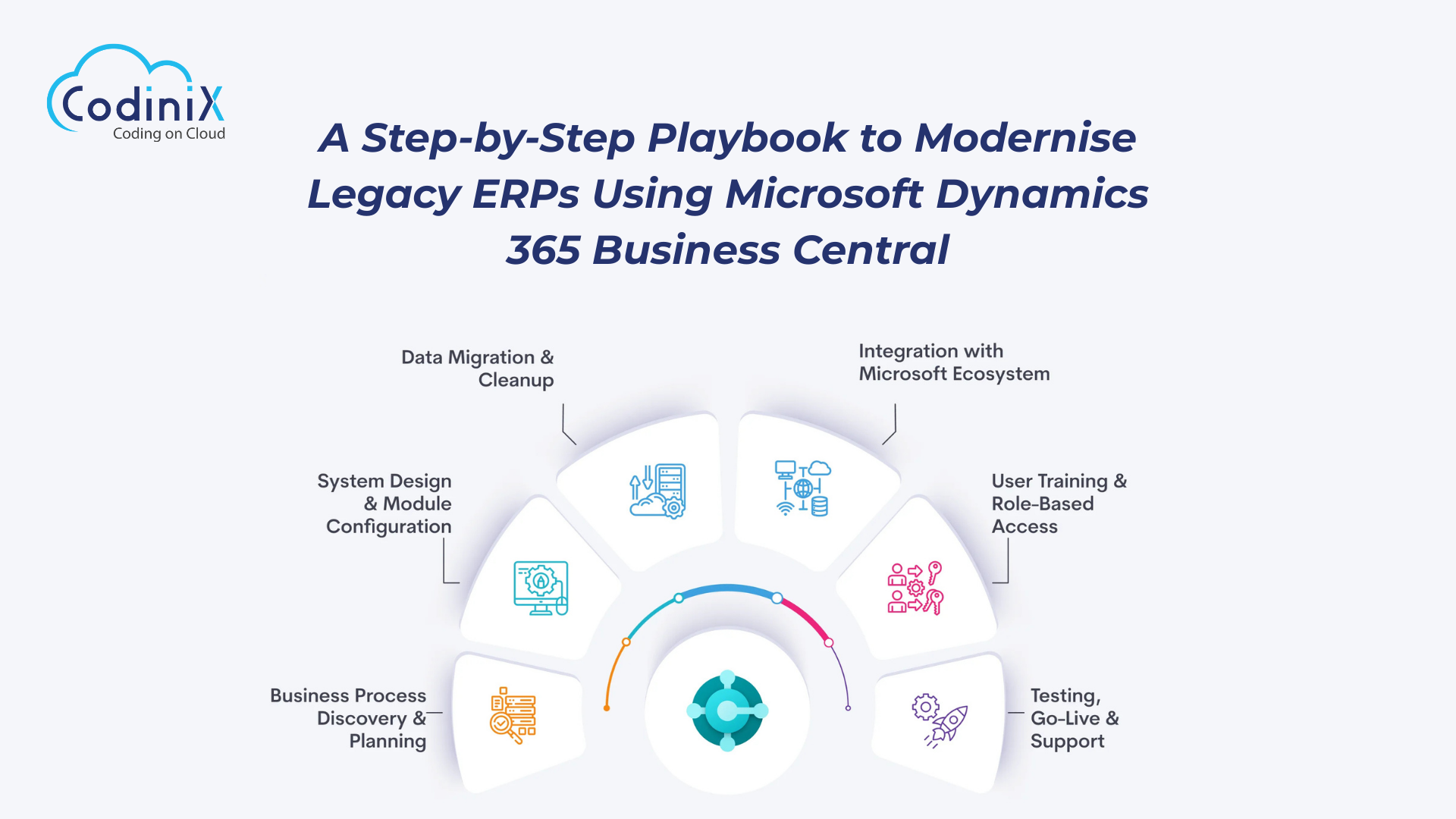
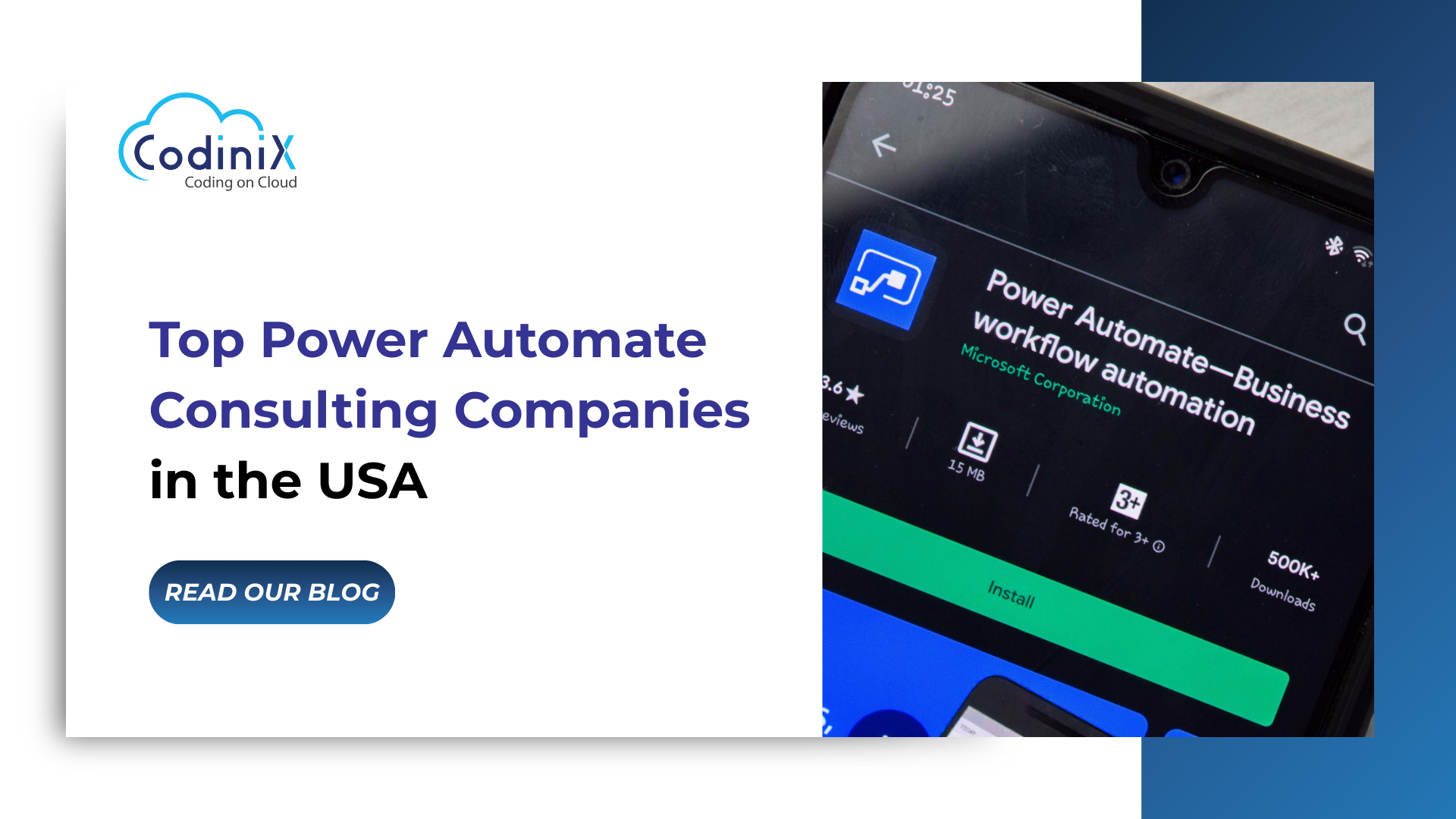
Leave Your Thoughts!!